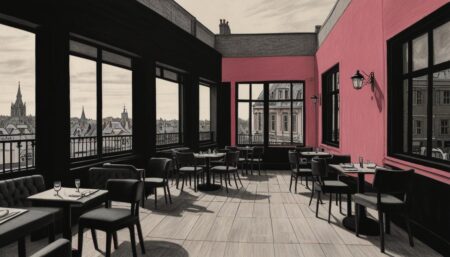Barcelona plans to ban short-term tourist apartment rentals, including Airbnb, by 2029 to combat soaring housing costs and mitigate the impact of mass tourism. The proposal, subject to approval, aims to make the city more affordable for residents, particularly the youth and those with average incomes, but faces criticism and warnings of potential adverse effects on lower-income groups.
Barcelona will ban short-term tourist apartment rentals, including Airbnb, by 2029 to control soaring housing costs and alleviate mass tourism effects. Mayor Jaume Collboni announced the plan, contingent on approval from the Generalitat of Catalonia. If approved, new licenses for tourist apartments will not be issued, and existing ones will not be renewed.
The policy aims to address a sharp rise in rental prices, which have surged by 70% over the past decade, compared to a 39% increase in housing purchase costs. Collboni argued that reducing tourist apartments would make the city more affordable for residents, particularly young people and those with average salaries.
The initiative has faced criticism. Damià Calvet, a councillor from Together for Catalonia, labeled the plans as impulsive and politically driven. Maria Harris from The Open Property Data Association noted the potential adverse effects on younger and lower-income residents seeking rental accommodations. The tourist apartments association, APARTUR, warned that the ban could lead to increased poverty and illegal rentals.
Since 2011, Barcelona has regulated short-term rentals with a licensing system, and previous Mayor Ada Colau had already restricted property owners’ ability to rent out single rooms. The city also raised its ‘tourism tax’ to €3.25 per night to manage tourist influx, with over 12 million visitors in 2023 alone.
Collateral measures targeting mass tourism include fines in Costa Blanca and imposed restrictions on public drinking in Magaluf. Majorca also saw significant protests against mass tourism, impacting local dynamics and resulting in potential tourism declines.
Proponents argue these efforts are necessary for affordable housing and quality of life for residents. Spain’s housing minister Isabel Rodriguez supported the ban, emphasizing the importance of ensuring affordable housing. Barcelona’s hotel sector may benefit, as new hotel openings, previously restricted, could be allowed again. The local government commits to stringent inspections to prevent illegal rentals and promote primary housing use.




















